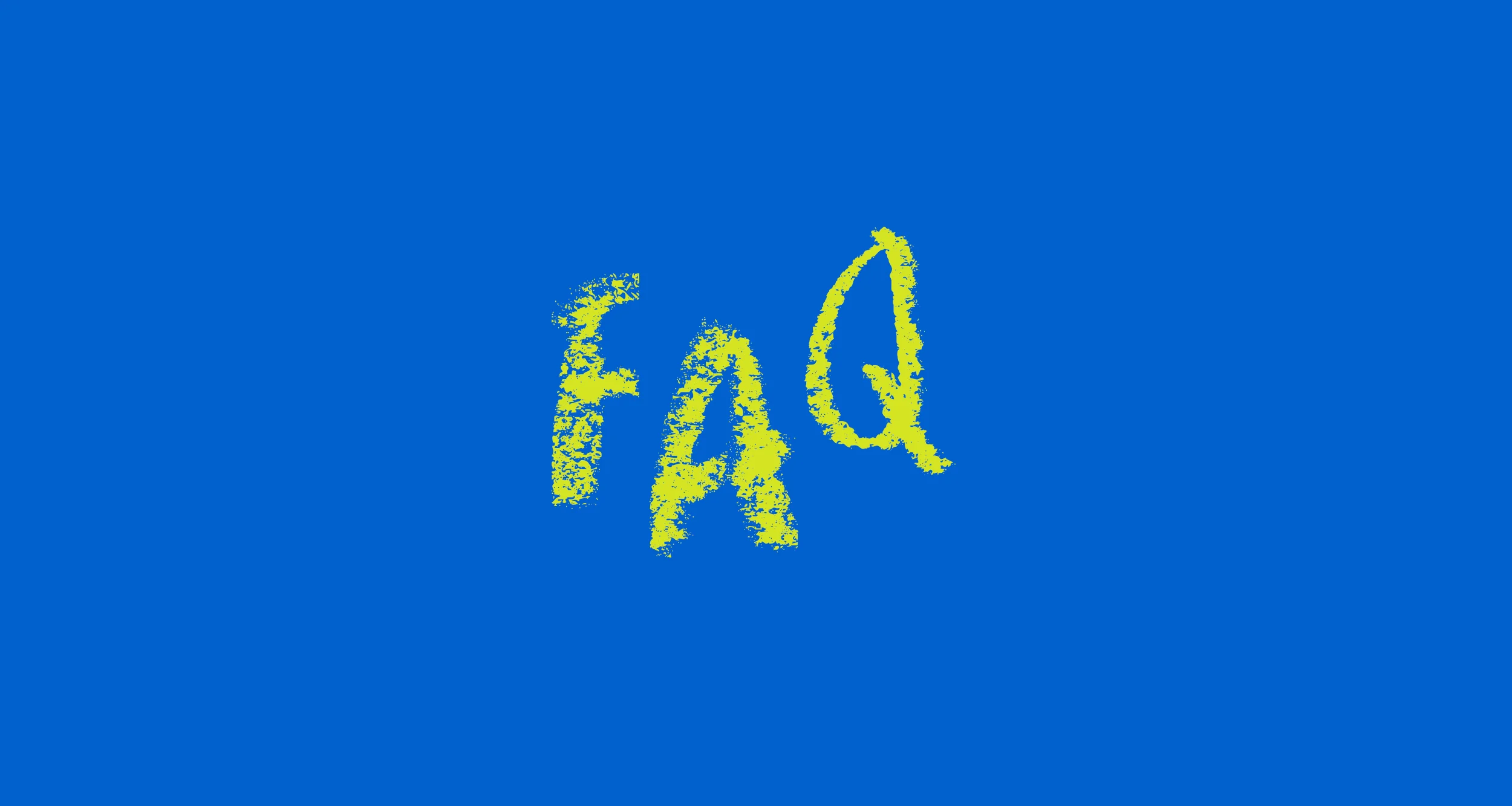Q: Did you intentionally prolong Augustus’s suffering and deterioration at the end of the book?
If anything, I shortened the timeline because I didn’t want to be unnecessarily cruel either to Augustus or to the reader. I talked a lot with doctors and families of sick people about this, about the timeline and the pace of deterioration etc. to make sure I was reflecting it as accurately as possible. It is a very, very difficult thing to live through, because a lot of what you value about life, particularly as a teenager—autonomy, physical vibrancy, social connections, dignity—is stripped away from you, and you’re left being the thing that you never thought you’d have to be again: a child dependent upon your caregivers for every little thing.
I felt it was important to reflect that as accurately as possible, because I didn’t want to romanticize suffering, and I didn’t want to conflate it—as so many stories do—with beauty.
